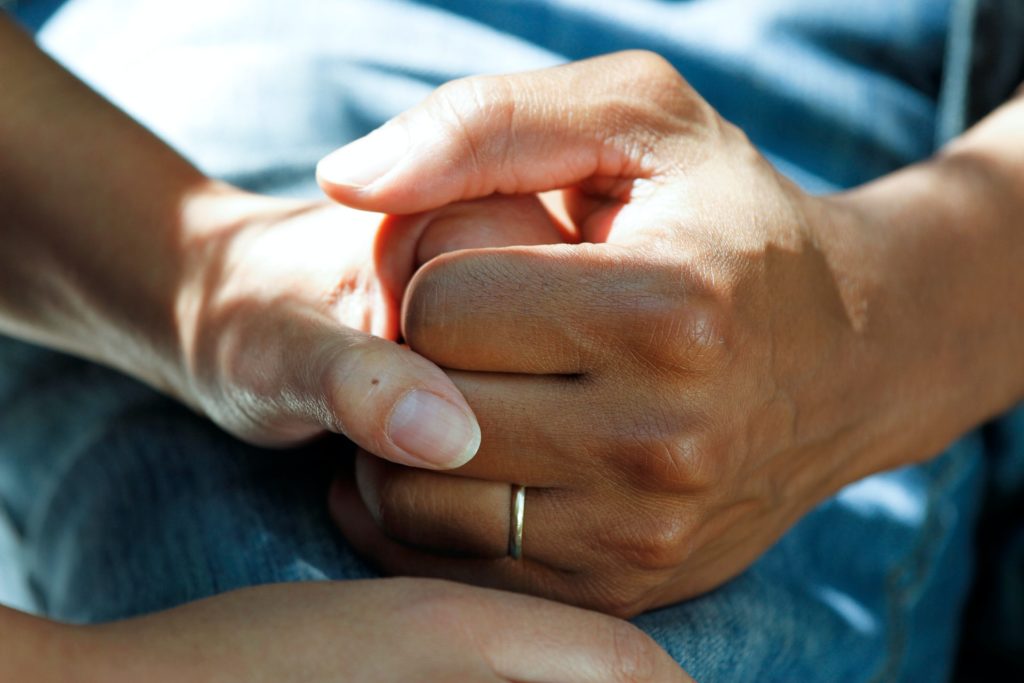Doctors work countless hours for their patients, trying to ensure the best possible cures with minimal setbacks (like infections) or drawn-out recovery times. While advances in physical care continue to improve, many clinical trials look into mental health and patient outcomes. Doctors are starting to learn how compassionate care and mental health services impact patient outcomes. Here is why they know.
Depression is common during cancer treatment.
When patients first seek out cancer care, they want to deal with their physical symptoms and stop the illness’s spread as quickly as possible. All of their energy is on this physical fight. However, there is a whole mental aspect of getting a cancer diagnosis that frequently requires psychotherapy and mental health counselors‘ meetings.
Marta Segal Block, a breast cancer survivor, shared her story with CNN. She learned from an oncology support counselor that depression is common in people who experience different cancer types. They don’t have time to process their emotions fully, and some patients feel survivor’s guilt if they recover or fall into depression when they have further setbacks.
Block isn’t alone in her depression, and more cancer care centers are turning to mental health counselors to guide patients. The John Theurer Cancer Center in Hackensack, NJ, works to offer therapy and counseling for all patients who may have experienced emotionally taxing or challenging health experiences. This prevents depression from setting in and leaving patients emotionally scarred.
Depression manifests itself in physical symptoms.
It is tempting to think about depression as a purely emotional problem; however, more mental health therapists identify physical symptoms that come with depression and affect patients significantly when they become severe.
Some of the physical symptoms identified by the Mayo Clinic include changes in sleep patterns (too much or too little), changes to diet (loss of appetite or weight gain), lack of energy, back pain, headaches, and other “unexplained physical problems.”
These symptoms can confuse doctors and affect patient diagnoses and outcomes. If a doctor cannot separate the emotional symptoms from the physical ones, they might make an incorrect diagnosis or miss a significant problem because they are distracted by another issue. By tapping into psychologists‘ and psychiatrists‘ medical expertise, doctors can ensure that patients are treated on both an emotional and physical level.
Hope can create miracles.
Occasionally, a patient survives a high-risk surgery or enters remission in a way that stuns the oncology field. The cancer patients fight through transplants and blood transfusions to reach a point where they can proudly say they beat cancer. When this happens, psychologists point to one specific factor that helped: hope.
A patient who thinks they can overcome the challenges ahead of them is willing to fight through the endless treatments and exhaustion of cancer care. They lean on support staff and family members and strive to maintain good mental health during one of the hardest parts of their lives. Even in their dying days, doctors see patients who seem to “hold on” until they can say goodbye to relatives or see a major event like a wedding or childbirth.
A positive attitude alone isn’t enough to save every patient, but access to therapy and mental health can guide patients, so they keep fighting.
From your local research hospital to the most prestigious university medical center, doctors are starting to realize the true connection between mental and physical treatment, from doctors setting up appointments with psychiatrists during cancer treatment to physicians using cognitive behavioral therapy to help at-risk patients change their lifestyles. There still is a lot to learn about how the human body works – and even more mysteries surrounding the human mind.

